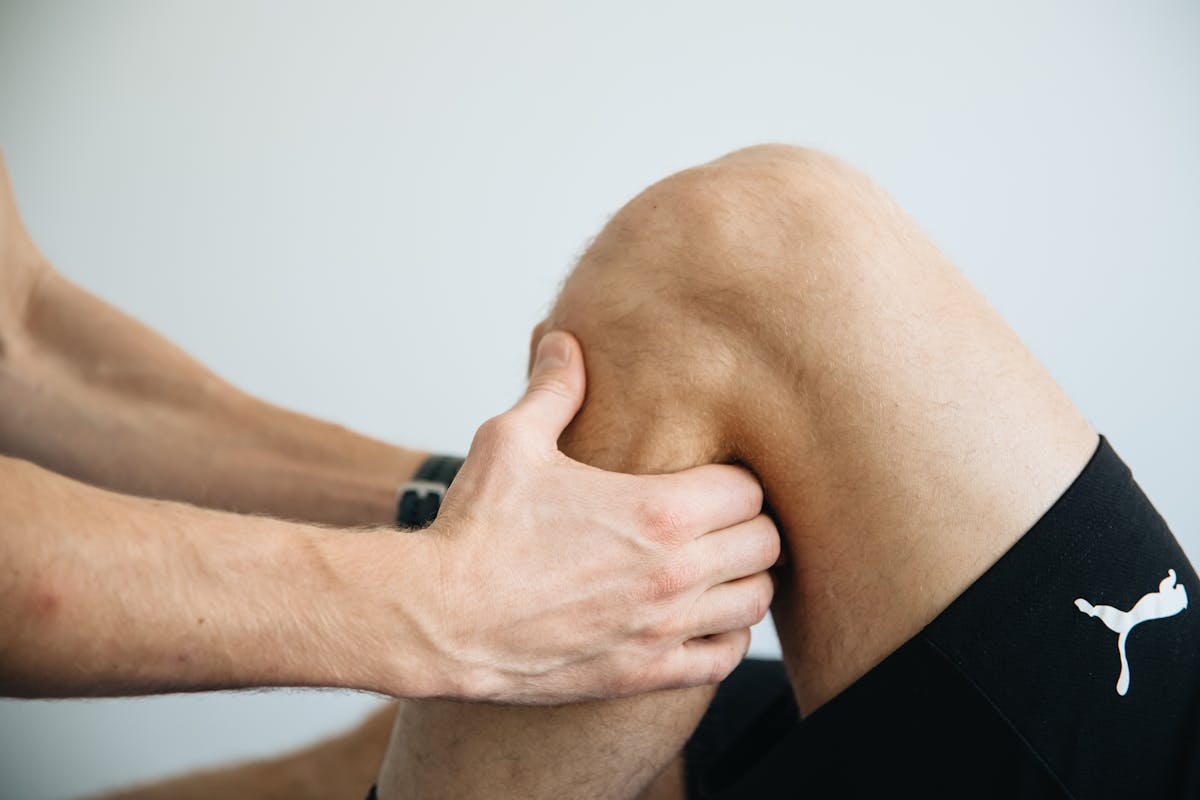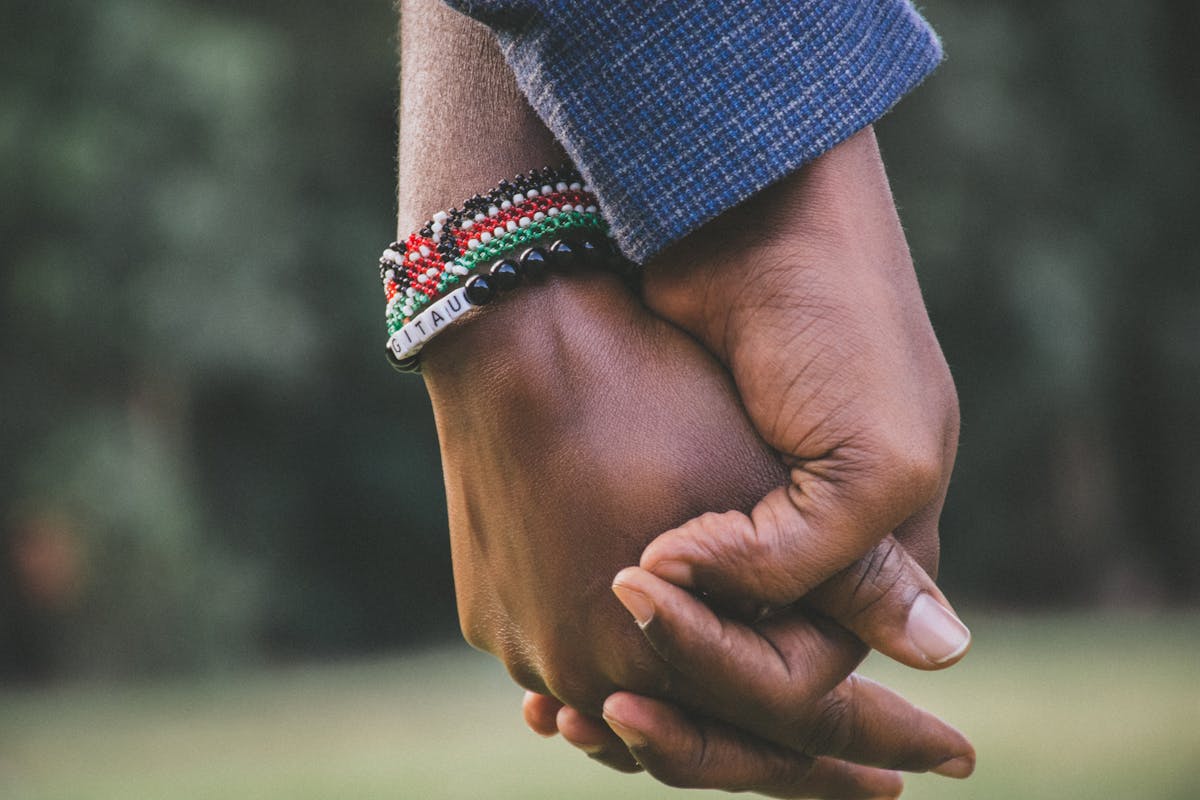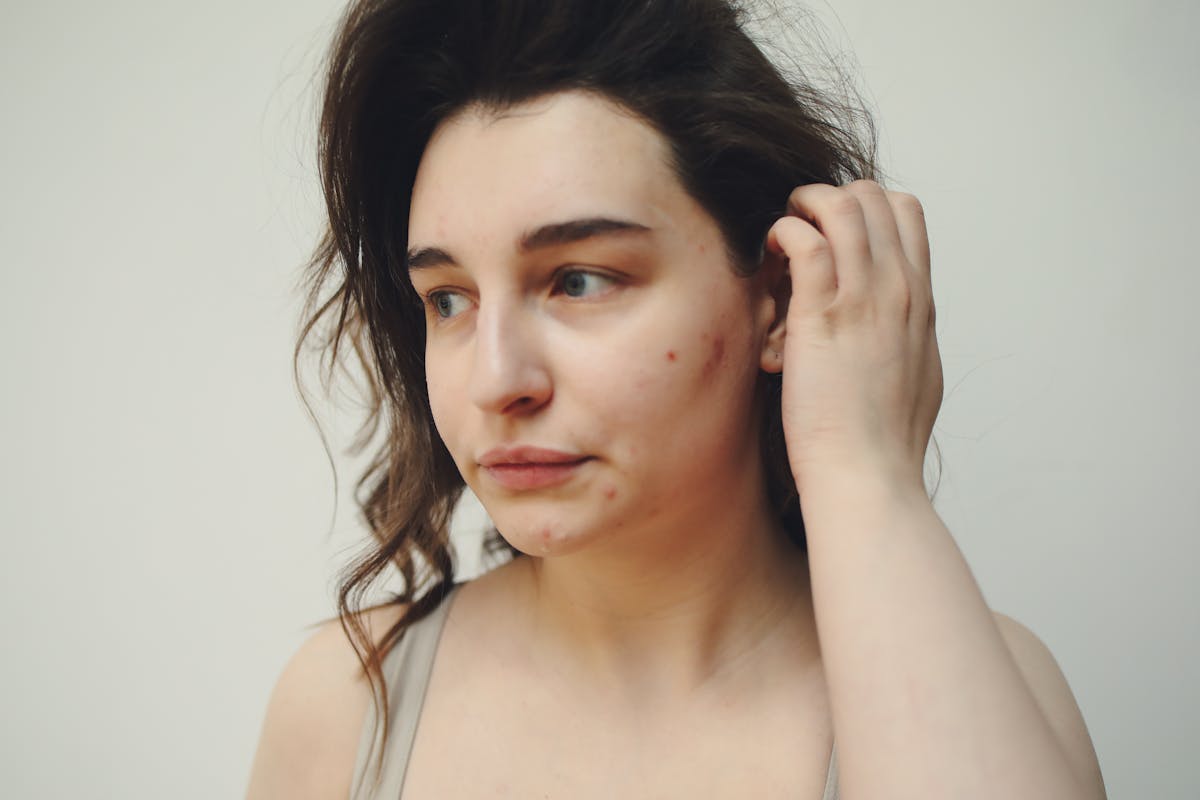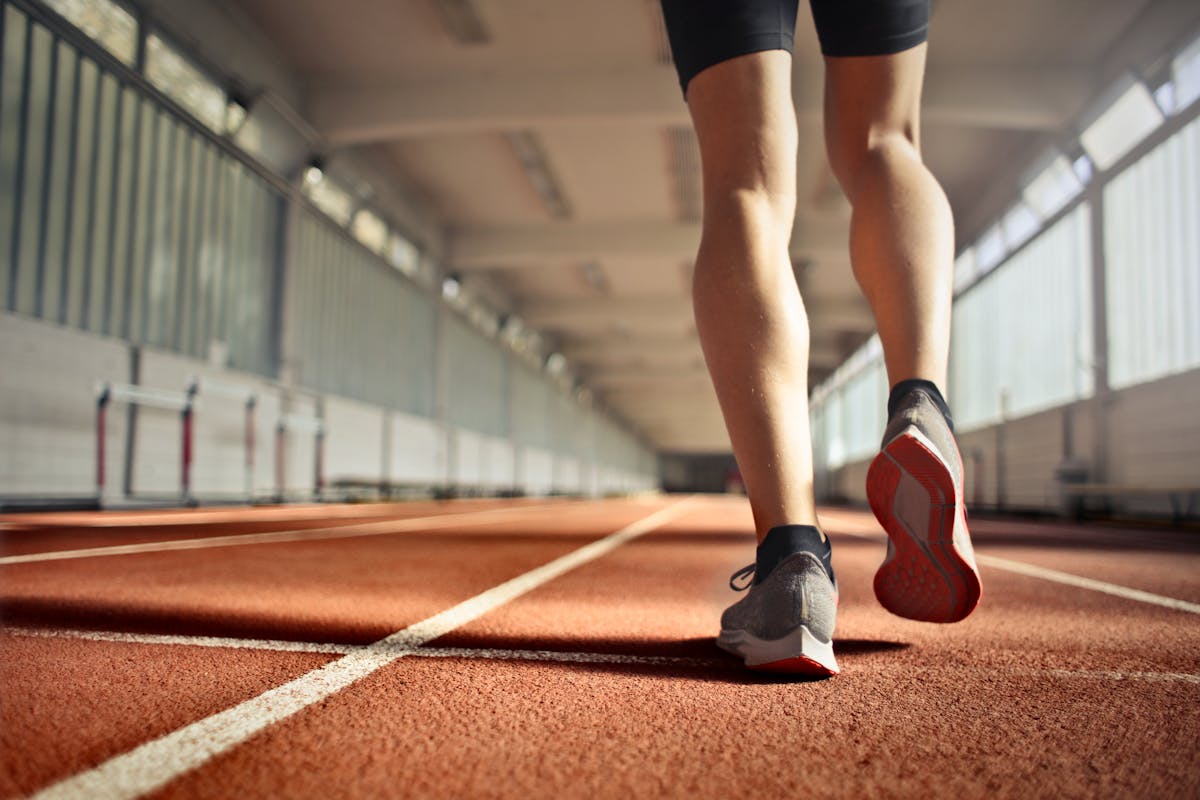Cramps are involuntary muscular contractions that cause discomfort and stiffness. It can be caused by a variety of factors, including diseases and a sedentary lifestyle.
Almost everyone has felt these pains at some point. They can be very mild and pass quickly, but they can also be intense. A cramp in your leg or hands while climbing stairs, for example, can even cause an accident.
Fortunately, there are some ways to control these pains in your daily life and prevent them from happening. Follow along and see what you need to know about them!
What are cramps?
As previously stated, cramps are aches induced by an involuntary contraction of one or more muscles. Contraction also makes it difficult to control the muscle and restricts its movement. Cramps typically cause leg or back pain. However, it can also affect the arms and neck.
Types of cramps
It can also be classified according to its general causes and manifestation. See the main ones.
Night cramps
These are cramps that occur at night and have no obvious explanation. They are generally associated with different conditions, such as kidney failure, diabetes or a deficiency of certain nutrients.
Exercise-induced cramps
Overexertion is among the most common causes of cramps. Intense physical activity causes changes in the concentration of salts in the tissues, which are essential components for muscle contraction. When this change is too rapid, it can cause pain and involuntary contraction.
Cramps from dehydration
A lack of water in the body can also cause variations in the concentration of mineral salts in cells. A person who drinks minimal water throughout the day is more prone to get cramps throughout the day.
Causes of cramps
As we mentioned, there are several factors that can cause body cramps. In some cases, they can be present at the same time.
Learn some of the main ones.
Poor physical conditioning
As we mentioned, many people experience cramps when exercising. This usually happens to people who are in poor physical condition and start doing intense activities without training.
This occurs because the body is not accustomed to this amount of exertion. Fatigue from muscle strain causes involuntary contractions and pain.
Excessive physical exercise
Even a healthy and active person can still experience cramps after intense exercise. After all, regardless of your ability, every body has a limit.
Trying to run for a long time, lifting weights, or simply holding muscle tension for an extended period of time greatly increases your chances of experiencing cramps. Even though exercise stimulates the production of endorphins , it does not prevent this involuntary muscle movement.
Dehydration
Dehydration makes it harder to keep the right balance of salts and nutrients in muscular tissue, which can result in involuntary contractions.
This factor is closely associated with exercise, as a large part of the body’s water is lost in the form of sweat.
Lack of calcium or potassium
Calcium and potassium are required to regulate muscular contraction. A deficit in either of these nutrients might hinder mobility and produce cramps.
This factor is more serious if your calcium or potassium intake is lower than normal throughout the day.
Pregnancy
The physical changes associated with pregnancy can cause cramps, among other problems, such as a herniated disc . The weight of the baby increases muscle tension, while hormonal changes and decreased blood circulation affect the concentration of water, potassium and calcium in the muscles.
Cramp Treatment
If you suffer from recurring cramps, it’s worth seeking treatment. It will make a big difference to your quality of life in the long run.
A simple recommendation is to seek out a massage therapist , a professional specialized in the proper manipulation of muscles to improve circulation and relaxation. Two important factors in preventing cramps.
To ensure a better long-term effect, our next recommendation is functional training . This training aims to work all the muscles in the body at the same time. It is a good option for improving physical fitness in the long term.
Some places also offer quick massage as part of their preventive routines. This is a quick massage, performed by a specialist, to provide immediate relaxation.
What to do to relieve cramps immediately?
If you feel cramps, the most important thing is not to try to stretch the muscle right away. This could cause a more serious injury.
First, massage the painful area and try to relax the muscle gradually. This will help blood circulation, reducing the intensity of the contraction and pain.
How to avoid cramps: practical tips
In addition to treatment, it is important to take good preventive measures for cramps. Below, you will find some of the main measures you can take.
Proper hydration and nutrition
Naturally, having a balanced diet and drinking plenty of water is the best way to avoid cramps. After all, one of the main causes is an imbalance of mineral salts in the muscles.
Stretching
Stretching your muscles before any physical activity, even routine ones, greatly reduces the chances of cramps.
Understand your physical limits
It is important to be persistent during physical training. However, you should not push your body beyond its limits. Otherwise, you may suffer from other, more serious problems besides cramps.




13 thoughts on “Cramp: what it is, causes and how to treat it effectively”
Comments are closed.